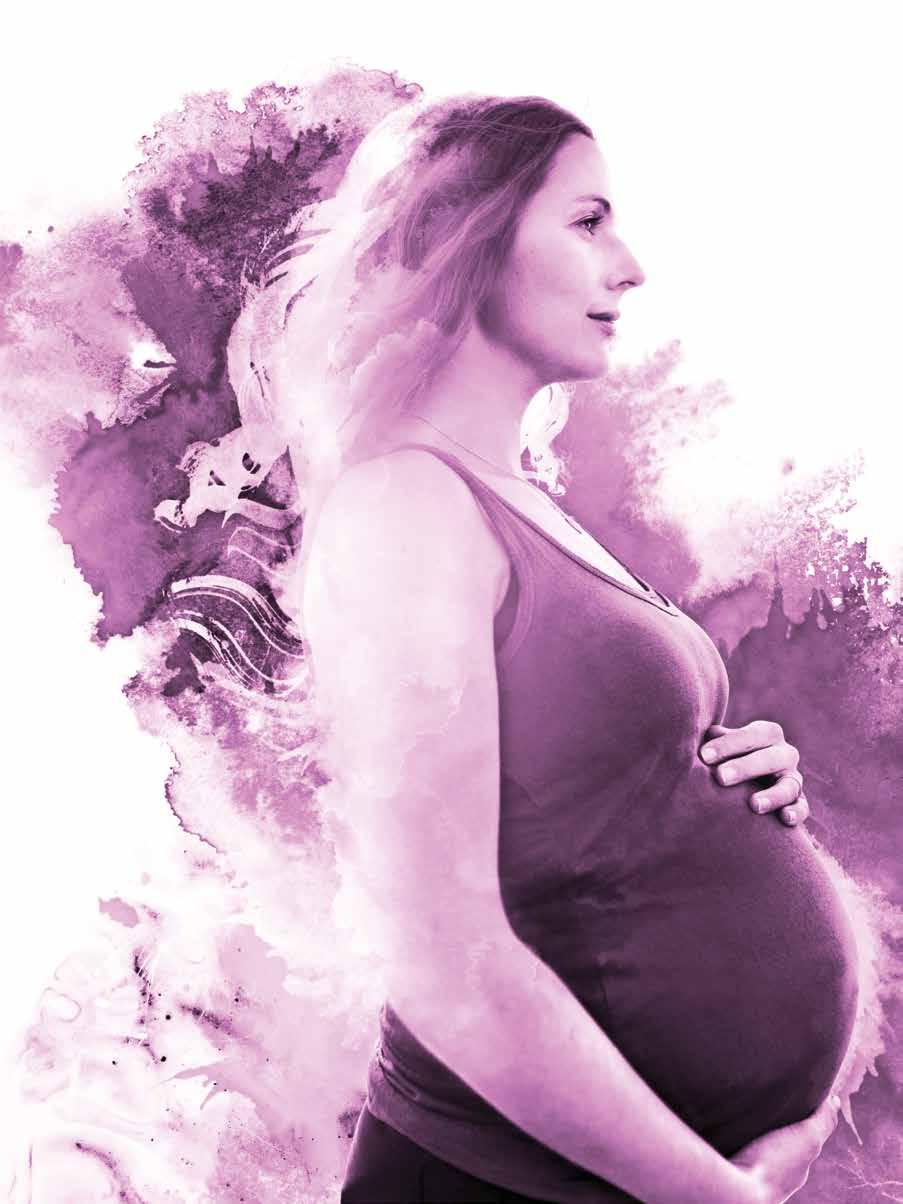
1 minute read
THIS IS WHAT LIFE CHANGING RESEARCH LOOKS LIKE WE ARE...
FINDING HOPE FOR WOMEN’S CANCERS
We are making tremendous strides in the detection, treatment, and prevention of women’s cancers. This includes conducting large-scale clinical trials of breakthrough therapies for breast and gynecological cancers.
Solving Infertility Struggles
We are helping women with premature ovarian aging and young cancer patients who face infertility after chemotherapy, as well as individuals and families in the LGBTQ community, realize their dream of having a family.
PREVENTING HIV/AIDS
We are making headway in the fight against HIV, seeking to decrease the incidence among women in Africa and around the globe.
Reducing The Incidence Of Prematurity
We are studying the root causes of prematurity, including conditions like preeclampsia and placental complications.
Improving Quality Of Life As Women Age
We are treating pelvic floor disorders with timely diagnosis, surgery, physical therapy, and regenerative therapies.
Facilitating Recoveries From Substance Use Disorders
We are changing the treatment protocols for substance use disorder, a rising problem among pregnant women. Deaths caused by overdose are a leading cause of maternal death, and we are developing novel interventions to address this public health crisis.
Making Birth Control Safer And More Effective
At our Center for Family Planning Research, we’re studying safer, more effective forms of birth control.
HELPING WOMEN LEAD PRODUCTIVE, PAIN-FREE LIVES
We are at the forefront of diagnosing and treating pelvic pain and endometriosis. Our Chronic Pelvic Pain and Endometriosis Center is one of the only comprehensive facilities of its kind.
Unlocking The Mysteries Of Menopause
We are learning about the links between surgery and dementia risks in post-menopausal women.
Improving Racial Health Disparities
We are piloting programs to remotely monitor and improve blood pressure outcomes for pregnant Black women. We are teaming with Healthy Start on educational programs to support minority women and help them become more aware of the risks they might face during pregnancy, such as preeclampsia.

FAST FACT: MOMI contains more than 300 variables for approximately 190,000 deliveries at UPMC Magee-Womens Hospital since 1995.










